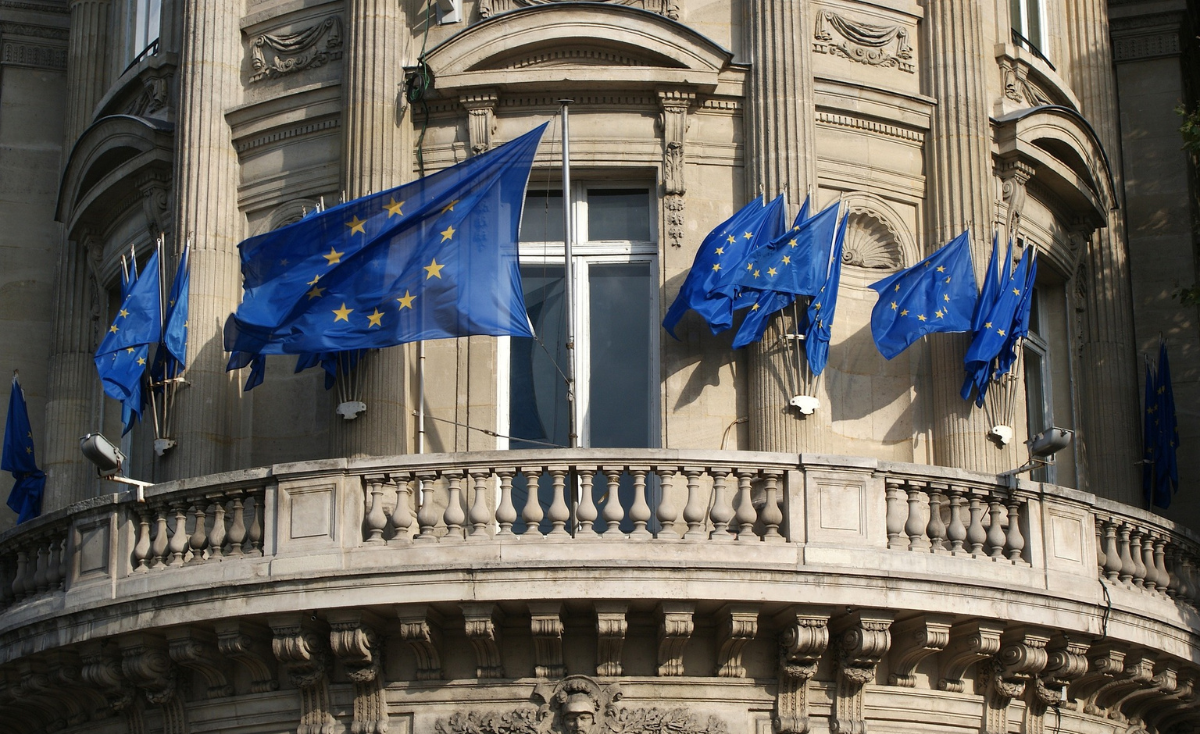 @Pixabay.
@Pixabay.
The recent sustainability fund downgrading trend is gaining prescience in the new year. After a busy autumn and early winter packed with announcements from fund companies and asset managers that lowered the ranking of their ESG-focused funds from an Article 9 grade – the most stringent – to an Article 8, which is less stringent and seen as semi-compliant, the “Great Reclassification” comes to a point.
Companies leading this list include Amundi – France’s largest asset manager, which downgraded nearly €45 billion Article 9 funds in November – and other big players such as BlackRock, HSBC, AXA, Invesco, Robeco, Pimco, Deka, NN Investment Partners, and Neuberger Berman.
A much-cited autumn 2022 Morningstar report on Article 8 and 9 SFDR funds noted that Dutch-based NN Investment Partners was among the first asset managers to notify stakeholders of its downgrades in Q2 2022. They then downgraded ten funds in Q3 and later 10 more in Q4.
Under the Sustainable Finance Disclosure Regulation (SFDR) – announced by the European Commission in 2018 and applicable as of March 2021 – Article 9 funds are those that must be invested solely in sustainable assets, whereas Article 8 funds should promote ESG concerns but do not need to specifically target sustainable outcomes. The lowest grade, Article 6, designates funds that do not consider any ESG issues whatsoever.
SFDR is an EU regulation introduced to improve transparency on sustainable investment vehicles in the marketplace. An added goal is the prevention of greenwashing and added clarity around companies’ sustainability claims more broadly — essentially fostering better practices when it comes to ESG data, products, and communications.
The ongoing shift from Article 9 to 8 is particularly significant given the January 2023 update to SFDR phase II requirements, which many fund companies had been preparing for, hence the downgrades. The SFDR updates that went into effect on 1 January state that Article 9-compliant funds must now hold 100% sustainable investments, and fund companies must now offer detailed sustainability-related disclosures as well as and mandatory reports.
“We can expect the number of Article 9 products to decline in the next
six months from its current level of 1,080 funds.”
The Morningstar report identified 41 – and counting – investment products that had been downgraded by November 2022. “In light of these recent developments and in expectation of further downgrades, we can expect the number of Article 9 products to decline in the next six months from its current level of 1,080 funds”, the report said.
Investment teams at insurance companies will need to consider these ongoing unknowns when making decisions for the latter half of 2023 and beyond – especially as greenwashing fears continue to plague the market.
Because Article 9 represents funds that are more structured in their level of ESG compliance – whereas Article 8 is often seen as a catchall category with vaguer implications and definitions – erroneous and unsubstantiated declarations of Article 9 viability can lead to greenwashing accusations. This phenomenon is a growing fear amongst European asset managers as it often causes reputational damage.
"The regulatory framework does not yet allow the financial industry to respond
in a uniform manner as to what should be considered 'sustainable'.”
Amundi said in December 2022 that a major issue it faced, which caused it to downgrade certain funds, was the lack of streamlined guidelines. "The current regulatory framework does not yet allow the financial industry to respond in a uniform manner as to what should be considered 'sustainable' or not,” it said in a statement.
They added that heightened uncertainty in the legal landscape was another factor that led to their decision to downgrade. “It’s a still evolving regulatory environment”, said the company, which they add, meant that they “are taking a conservative approach in terms of levels of sustainable investment published in regulatory documentation.”
"This deliberately cautious approach is in response to our concern for protecting investors and distributors from a significant risk of confusion in the allocation of savings,” they added.
A BlackRock report on European regulatory developments in 2022 noted that the recent implementation of the SFDR phase II measures along with changes to the EU Taxonomy Regulation are “top of mind for many investors as implementation is underway”. This is especially the case given the December 2023 deadline for a review of the Renewed Sustainable Finance Strategy, published in July 2021 by the European Commission as part of the European Green New Deal.
"For many asset managers with greenwashing worries on their minds,
a conservative approach is the only way forward."
For many asset managers with greenwashing worries on their minds, a conservative approach is the only way forward given continued ambiguity around the term ‘sustainability’, coupled with a still-developing regulatory regime. Investment teams at insurance firms will need to be aware of these trends, which are likely to see further changes within the first half of 2023.
However, matters are slightly different in the US, where ESG concerns are often politicised and pushback from Republican politicians remains strong. The US has also seen a lessening in AUM invested in sustainable assets, with the Forum for Sustainable and Responsible Investment (US SIF) reporting a drop from $17.1 trillion in 2020 to $8.4 trillion in 2022, likely due to methodology changes and tightening reporting guidelines.
Meanwhile, Joe Biden’s August 2022 Inflation Reduction Act, aims to expand renewable energy sources while mitigating carbon emissions. It includes $369 billion in funds that could help reduce the US’s carbon emissions by 40% by 2030, which is the original Green New Deal net zero deadline advocated for by Democrats in the 2020 election.
Despite differences in the US and the EU, ESG-compliant methodology remains a hot global topic in early 2023 – especially as regulations are updated and definitions are solidified.